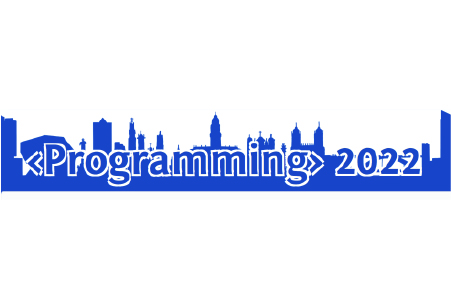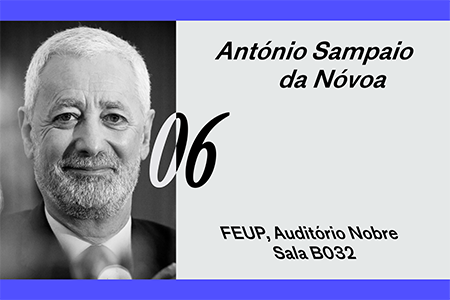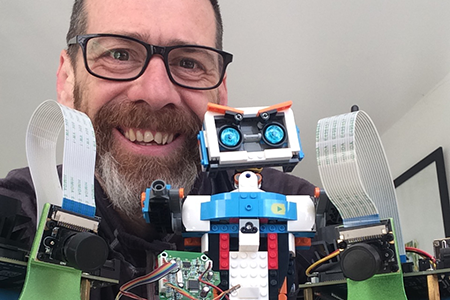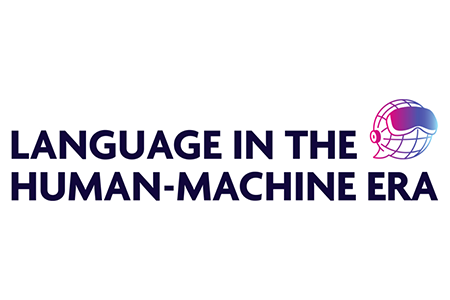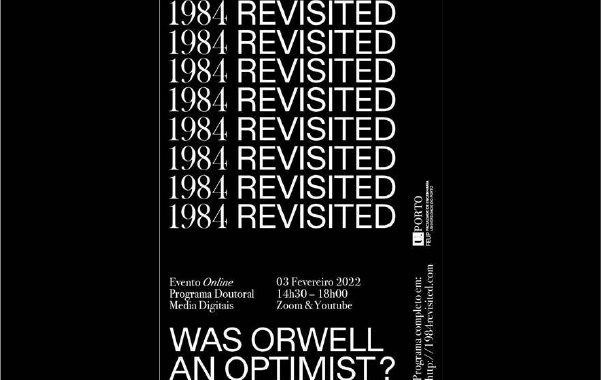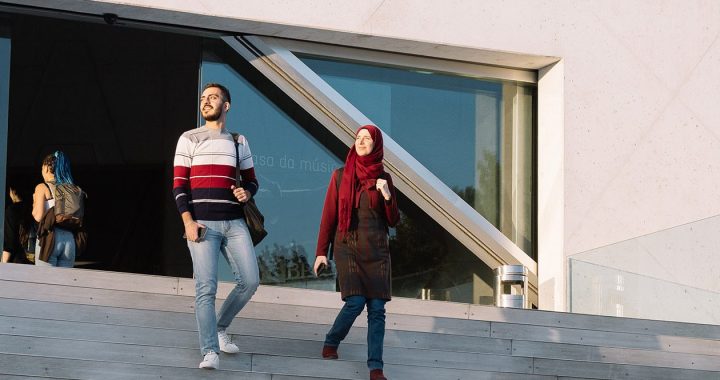Candidate:
Cláudio António Moreira Alves do Carmo Reis
Date, Time e Place
29 de março, às 10h00, na Sala de Atos da Faculdade de Engenharia e por videoconferência.
Streaming: https://www.youtube.com/channel/UCvsg2ymeaHLRLbsGt67JmKw
President of the Jury
Doutor António Fernando Vasconcelos Cunha Castro Coelho, Professor Associado c/ Agregação da FEUP
Members
Doutora Luísa Maria Lopes Ribas, Professora Auxiliar da Faculdade de Belas Artes da Universidade de Lisboa;
Doutora Sandra Vieira Jürgens, Professora Auxiliar Convidada do Departamento de História da arte da Faculdade de Ciências Sociais e Humanas da Universidade Nova de Lisboa;
Doutor João Pedro Ferreira Dias Leal, Professor Adjunto da Escola Superior de Media Artes e Design do Instituto Politécnico do Porto;
Doutor Pedro Leão Ramos Ferreira Neto, Professor Auxiliar da Faculdade de Arquitetura da Universidade do Porto;
Doutor Gilberto Bernardes de Almeida, Professor Auxiliar do Departamento de Engenharia Informática da Faculdade de Engenharia da Universidade do Porto;
Doutor José Manuel da Silva Fernandes de Carvalho Carneiro, Professor Auxiliar do Departamento de Design da Faculdade de Belas Artes da Universidade do Porto (Orientador).
